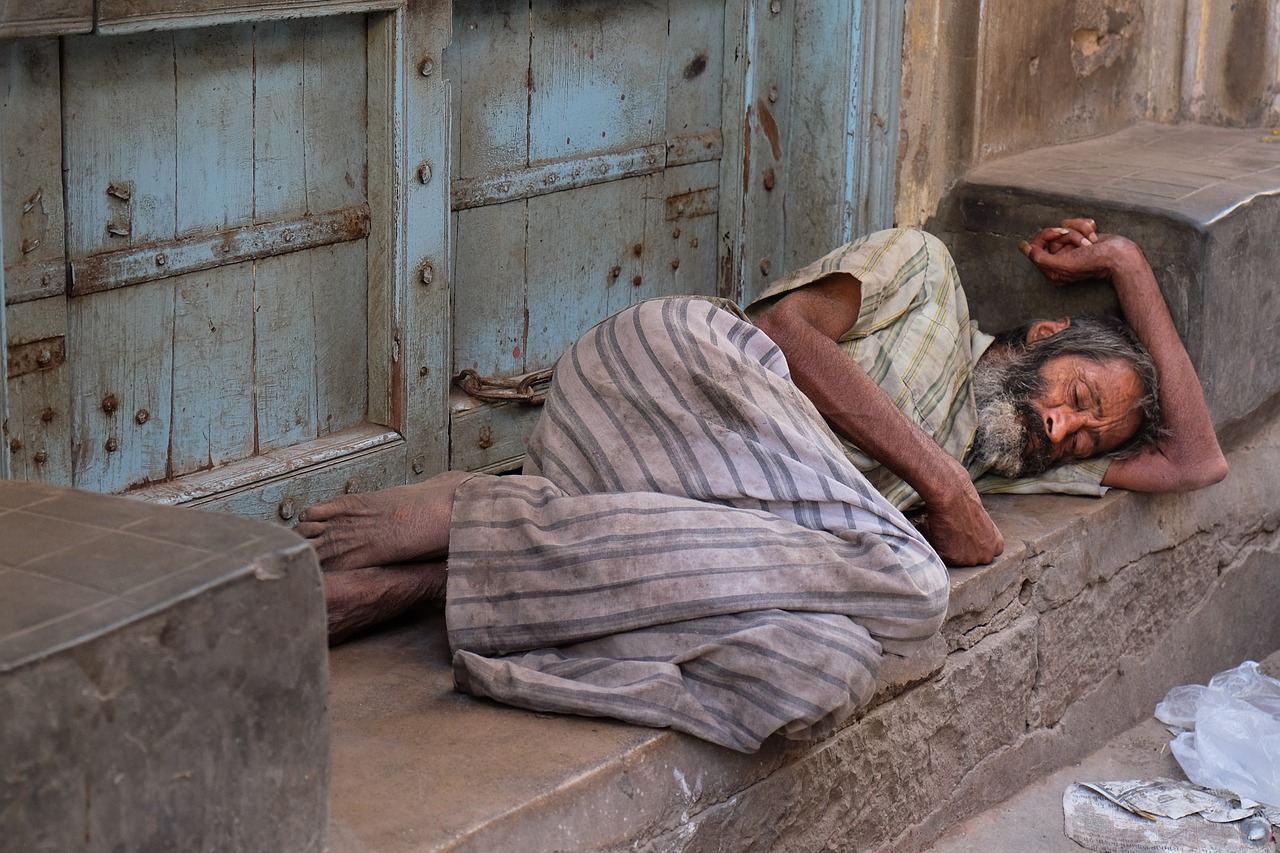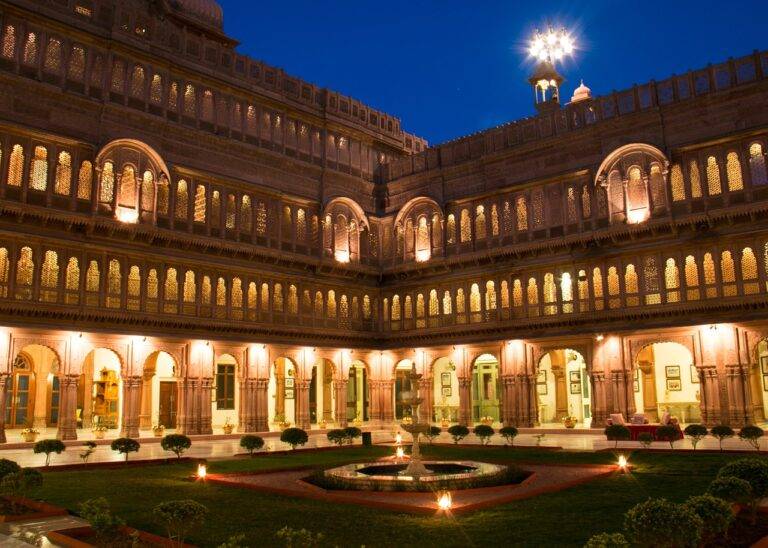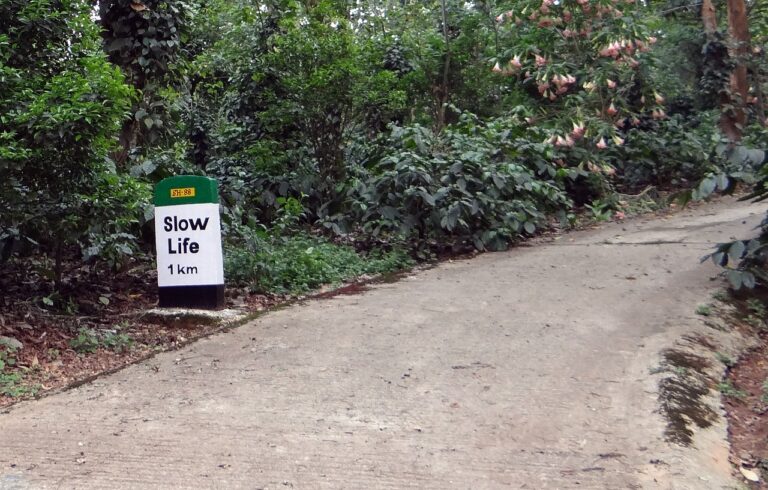The Influence of Political Satire on Election Discourse
Political satire has a long history in election campaigns, dating back to ancient times. Satirical commentary and caricatures were common forms of political expression in ancient Greece and Rome, where writers and artists used humor to criticize political leaders and policies. In the Middle Ages, satirical plays and literature were used to mock rulers and highlight the absurdities of political power.
During the Enlightenment period, political satire flourished in Europe as writers and philosophers used wit and sarcasm to challenge authority and promote democratic ideals. In the 18th and 19th centuries, political cartoons became a popular form of satire, with artists like James Gillray and Honore Daumier using their illustrations to satirize politicians and government actions. This rich history of political satire continues to influence modern election campaigns, shaping how candidates are perceived by the public and providing a platform for critical commentary on political issues.
The Role of Satirical Shows in Shaping Public Opinion
Nevertheless, satirical shows play a pivotal role in influencing public opinion during election campaigns. By using humor and wit, these shows have the power to reach a wide audience and highlight important political issues in a more engaging manner. The clever blend of comedy and satire allows viewers to reflect on the current political landscape and form their opinions based on the exaggerated yet insightful perspectives presented on these shows.
Moreover, satirical shows have the ability to hold political candidates accountable for their actions and statements. Through cleverly crafted skits and parodies, these shows can illuminate the inconsistencies and shortcomings of candidates, thereby shaping public perception of their credibility and competence. The humorous yet critical approach of satirical shows prompts viewers to question the integrity of political figures and make more informed decisions when it comes to casting their votes.
Satire’s Impact on Political Candidates’ Image
Political candidates’ image can be significantly shaped by the portrayal of satire in various forms of media. Satirical shows and comedy sketches often focus on exaggerating and mocking the actions, words, and behaviors of politicians, presenting them in a humorous and sometimes unflattering light. As such, audiences may start to associate certain characteristics or qualities with a candidate based on these exaggerated portrayals, which can either enhance or damage their public image.
Moreover, satire has the power to influence public perception and opinions of political candidates by highlighting their strengths and weaknesses in a light-hearted and entertaining manner. Through satire, candidates can be portrayed as relatable, approachable figures with a sense of humor, or conversely, as incompetent or out-of-touch individuals. The way in which candidates respond to or engage with satirical portrayals can also impact how they are perceived by the public, as their reactions may either demonstrate grace under pressure or a lack of ability to handle criticism effectively.
• Satirical shows and comedy sketches exaggerate and mock politicians
• Audiences may associate certain qualities with candidates based on satire portrayals
• Satire can enhance or damage a candidate’s public image
• Satire influences public perception of candidates by highlighting strengths and weaknesses
• Candidates can be portrayed as relatable or incompetent through satire
• Candidate responses to satirical portrayals impact public perception
How has political satire been used in election campaigns throughout history?
Political satire has been utilized in election campaigns for centuries as a way to critique and mock political candidates, policies, and issues.
What role do satirical shows play in shaping public opinion of political candidates?
Satirical shows, such as late-night talk shows and political comedy programs, have a significant impact on shaping public opinion of political candidates by highlighting their flaws and shortcomings in a humorous way.
How does satire affect the image of political candidates?
Satire can significantly impact the image of political candidates by exposing their weaknesses, hypocrisies, and scandals to a wider audience, which can ultimately influence public perception and voting decisions.
Are there any potential drawbacks to using satire in election campaigns?
While satire can be an effective tool for critiquing political candidates, there is a risk of it being taken too seriously or misunderstood by viewers, leading to unintended consequences for both the candidates and the public.







